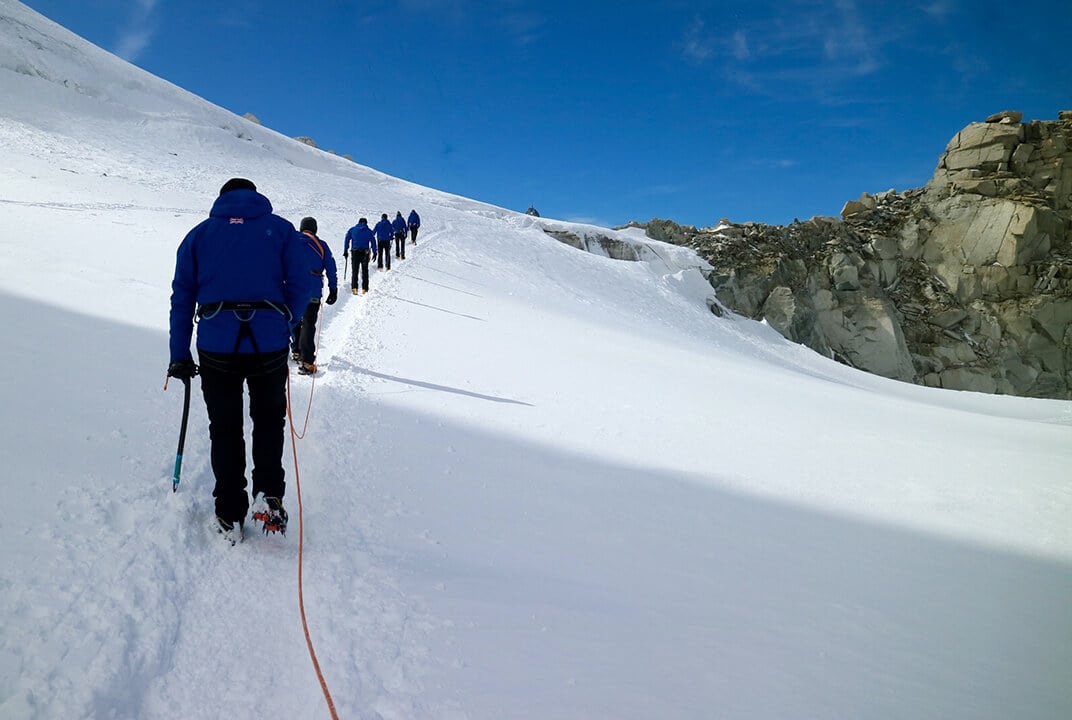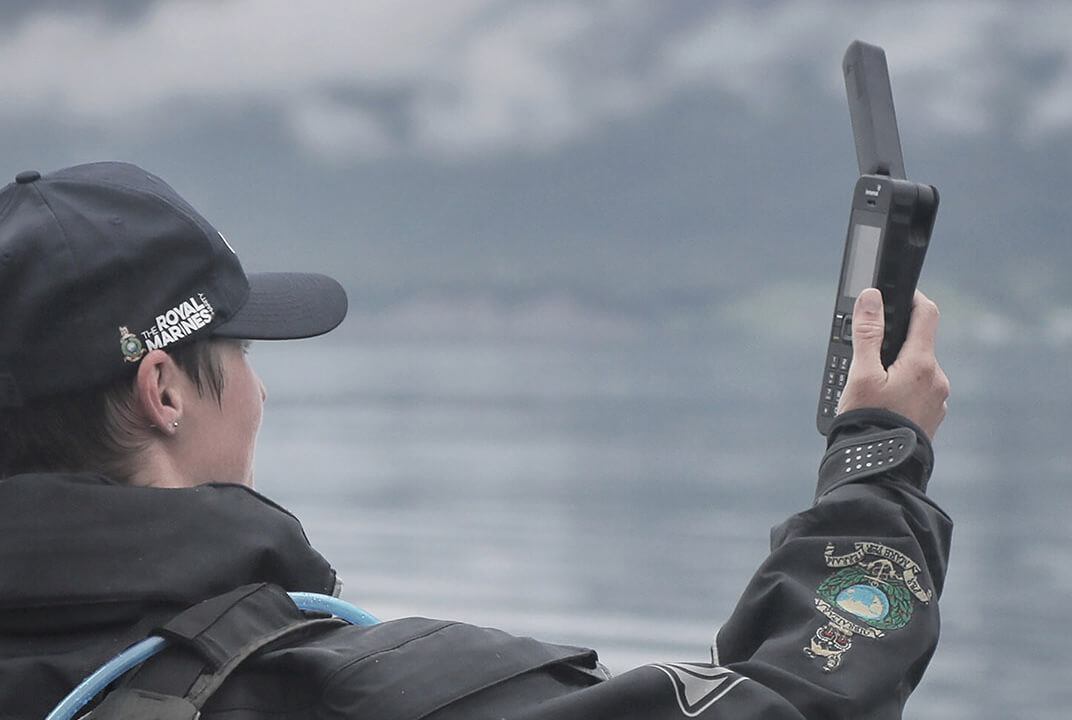Race2Recovery back to take on Dakar Rally challenge
Race2Recovery, the first disabled team ever to complete the Dakar Rally, is back in South America taking part in the 2014 edition of the world’s toughest motorsport challenge.
Following their success last year, the group of injured ex-servicemen and civilian volunteers is again relying on Inmarsat to keep them connected as they race through some of the most remote environments on the planet, including the Atacama Desert and the Andes.
Inmarsat has supplied them with BGAN terminals and IsatPhone Pro satellite phones so they can stay in touch by video link with support crews back at base in the UK, post updates on the charity’s website, Facebook and Twitter, and seek help in the case of medical or mechanical emergencies.
Tough conditions
Race2Recovery set out from Rosario in Argentina on 5 January in two Wildcat rally vehicles and a support truck to tackle the punishing 6,500-mile (10,460 km) challenge, but the tough conditions took their toll and both cars were forced to retire after stage 2.
Hopes now rest with the truck, which is continuing the race in its own category.
“The whole team is now dedicated to getting this vehicle and these lads across the finish line in Valparaiso, Chile,” said team manager Andrew Taylor. “It’s going to be tough but we don’t want for will or determination.”
Remote locations
Race2Recovery co-director and former Royal Regiment of Fusiliers Captain, Tony Harris, praised BGAN’s performance.
“The Inmarsat BGAN terminal means that the team can rely on great voice and broadband connectivity in even the most remote of locations,” he said.
“The kit is incredibly simple, lightweight and compact and is great for updating social media sites with texts and photos and for sending emails.”
Military charities
Race2Recovery’s attempt, which is raising money for military charities, including Help for Heroes and BLESMA, is being followed by broadcaster Alistair Weaver.
Inmarsat is supplying him with its new high-speed data service, BGAN HDR, so he can transmit superior quality video footage to his London-based production company Gaucho, which is making a TV documentary about the charity’s rally experience.
Alistair is also relying on Inmarsat to deliver a YouTube video diary, his blog for the Daily Telegraph and regular tweets.
Quick set-up
“We need to be able to file copy and video from anywhere at a moment’s notice,” he said.
“BGAN terminals are ultra-portable and extremely quick to set-up, making them the perfect tool for the task.”
The production team has an IsatPhone Pro satellite phone too. “We’ve been using it daily to relay reports and keep up with the team. It also makes a big difference to our personal safety – we’re working in difficult, remote areas and would feel exceptionally vulnerable without it.”
Inmarsat partner Tesacom is also supporting a team in the rally – motorbike riders Felipe and Jaime Prohens from Chile. The company and the sponsored brothers, are taking part for the sixth time. In this edition the Chilean team are connected through the IsatPhone Pro and airtime provided by Tesacom.

